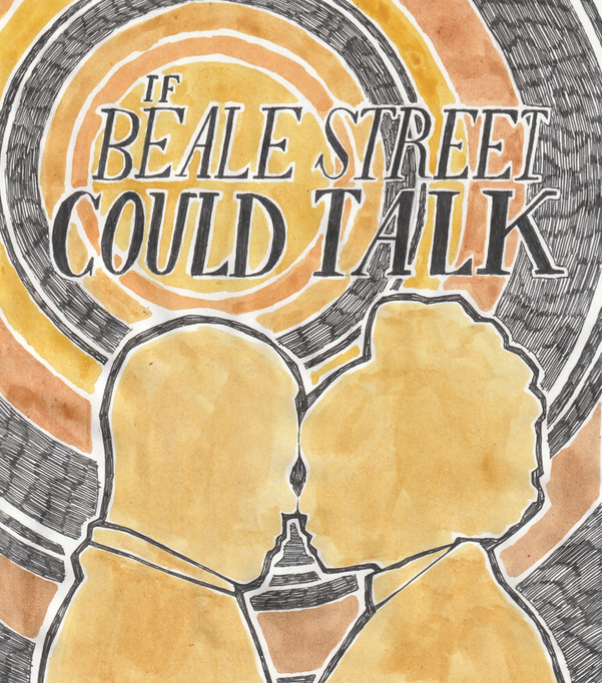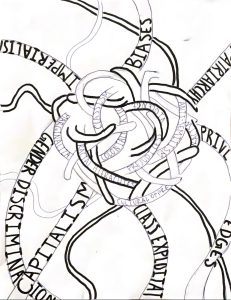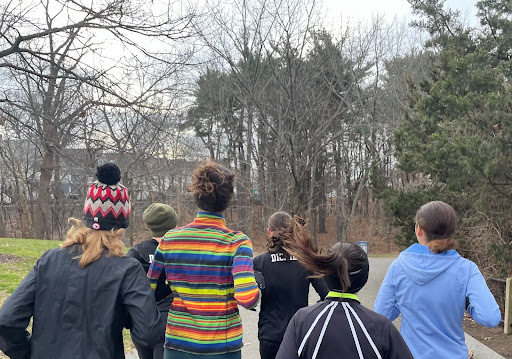“Beale Street” Doesn’t Just Talk, It Dazzles and Moves
“If Beale Street Could Talk” is an adaptation of James Baldwin’s romantic novel.
February 1, 2019
Few movies in 2018 came close to the level of artistry and grandeur displayed in Academy Award-winning director Barry Jenkins’ beautiful adaptation of James Baldwin’s romantic novel If Beale Street Could Talk. This elegant and intricate work of cinematic poetry, set in 1970s Harlem, follows the ups and downs of young couple Tish Rivers (Kiki Layne) and Alonzo “Fonny” Hunt (Stephan James).
Close since childhood, they are in love—dreamers who require nothing but happiness from each other. Early on, Tish finds out she is pregnant. The two have plans of moving into an apartment and starting a new life for themselves and the baby when Fonny is falsely accused of a terrible crime. Being poor and black, Tish faces an uphill legal battle in attempting to free her innocent boyfriend. After giving the audience a glimpse of a seemingly hopeful future, Jenkins reveals that simple dreams can easily be derailed by forces that continue to affect lives today.
It is in no way a lighthearted film, and it accurately portrays the experiences of millions of black Americans. Certain events throughout Beale Street will leave a knot in your stomach. It’s a movie that captures the sense of hopelessness and lack of direction so many are affected by in the criminal justice system. It is no secret that the system must be reformed, and Fonny’s story is a much-needed reminder and prime example of that. Additionally, the fact that it is set in the north proves that racism is not just a southern phenomenon, as many choose to believe.
Beale Street will raise your awareness about issues facing a high percentage of the student body.
Feuling the subtle yet powerful film is the fantastic acting. James, who plays Fonny, and Layne, who plays Tish, bring life, beauty, and emotion to the screen. The camera often lingers on a character’s face for up to minutes, forcing the audience to notice every small detail and fully drink in the scene. The camera work is reminiscent of old European movies, where the viewers would get to know a character through their intense reactions. Beale Street is experimental—a motion picture centered around black life in ’70s New York calling upon cinematographic strategies that take a step back from the trends in American films.
Because of the actors, who seemed to pour their hearts into their roles, I could imagine myself in the room, talking with the characters, experiencing their feelings. Fonny and Tish’s expressions and movements bring both tears of melancholy and tears of joy.
It is important for all CRLS students to watch this movie because it explores themes relevant to our lives. We must know that there is always more work to be done on the social justice front. We must make an effort to liberate all the Fonnys in this country, serving time for crimes they did not commit. At the very least, Beale Street will raise your awareness about issues facing a high percentage of the student body. Among my favorite movies of the year, I recommend it to anyone who is looking to be transported into the incredible world of art on screen.
This piece also appears in our January 2019 print edition.










